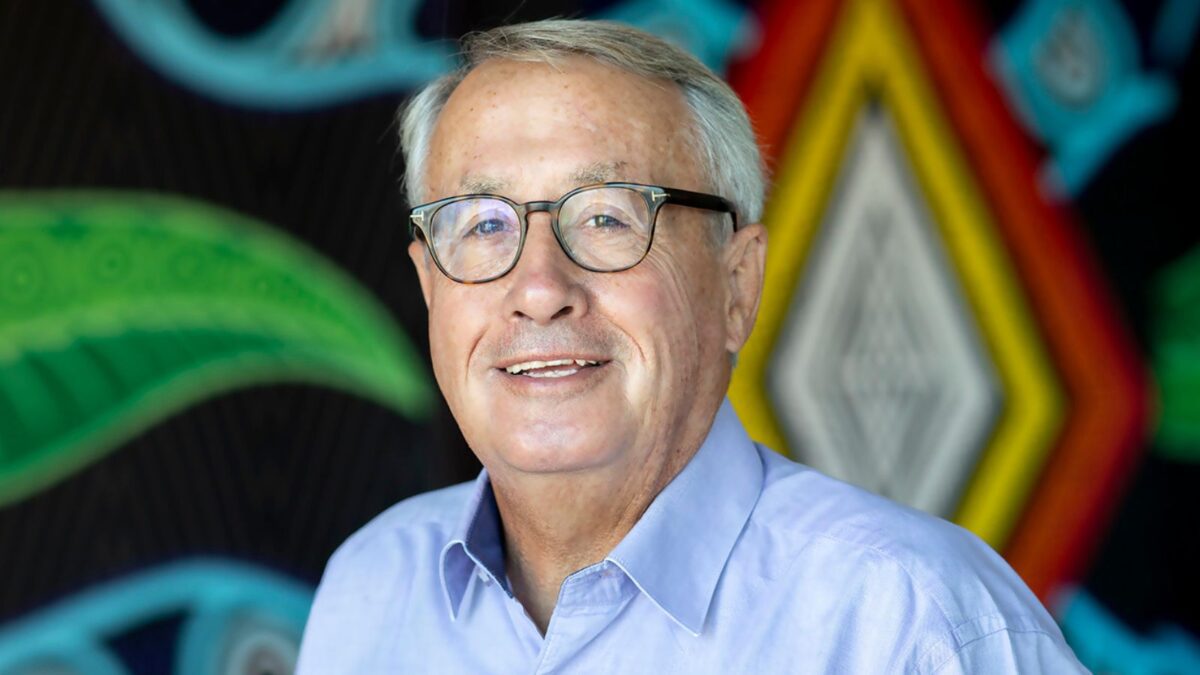Bigger insurers chase higher returns with more flexibility
Larger general insurers in Australia, which tend to have larger surpluses, have greater flexibility in their investment portfolios because of Australian regulations governing insurers. So, according to Robert Goodman, smaller insurers may be more dramatically impacted by the lower-yield environment.
Goodman, the global head of insurance relationships for Goldman Sachs Asset Management (GSAM) in the US, was addressing the second annual investment conference for insurance groups produced by Investment Innovation Institute (i3) in Sydney.
GSAM conducts a big annual survey of insurers around the world, the results of which were distributed at the conference. The survey showed at of Australia’s top 30 general insurers, 16 had surpluses of more than A$500 million. Surpluses are able to be invested anywhere, while the non-surplus assets, due to capital requirements, must be invested domestically.
The GSAM survey broadly supported results of an Australian academic study, which was commissioned by i3, showing slight increases in risk appetites by insurers around the world. The Australian study, by John Evans of the University of NSW, was reported here in last week’s edition.
But overseas companies had suffered more from low bond yields and had therefore been more eager to seek diverse sources of returns, such as equities, alternatives and higher-yield credit.
Goodman said: “As rates on Australian term deposits and cash decline, insurers have fewer investment options to bolster investment yields.” He noted too that Australia had a less diverse fixed income market than, say, the US which made the search for yield more challenging.
Goodman said the new risk-based capital approach under LAGIC (Life and General Insurance Capital) which took effect this year, was less constraining than the traditional rules-based approaches such as the regulation known as GPS 120, which is the one prohibiting capital for liabilities matching from being invested offshore.
“Countries such as China and Japan, that have faced similar challenges, have recently relaxed restrictions on foreign investments,” he said.
In his presentation, John Evans, questioned the wisdom of insurers or other fiduciary investors going down the path of insourcing their funds management. His survey had shown little or no desire to change the mix of insourced versus outsourced asset management by Australian insurers, in contrast with the trend among big super funds.
Evans questioned, for instance, whether funds would have the discipline to terminate internal management after prolonged under-performance. And he also doubted some of the figures being quoted about potential cost savings from insourcing. AustralianSuper, for instance, has said it was hopeful of savings of up to A$500 million a year when its insourcing program is complete over 30 per cent of its total assets.
Stuart Bingham, general manager of the diversified institutions division of APRA, told the conference that the regulator did not have a view on whether insurers should insource or outsource except that they needed to understand their risks.
Asked about GPS 120, which is an old rule applying to general insurers but not life insurers, Bingham said that APRA did not see a need for the life industry to have an “assets-in-Australia rule”, but he noted that offshore assets were seen as riskier.









